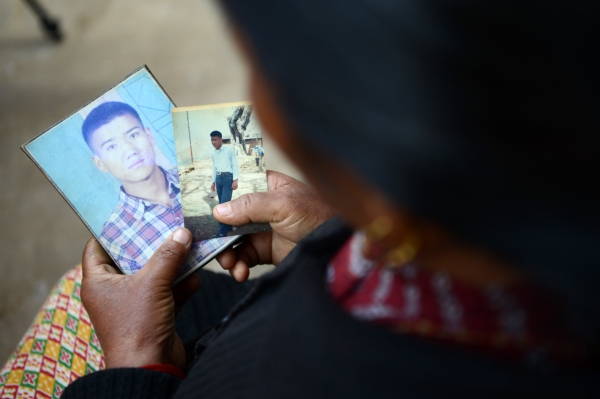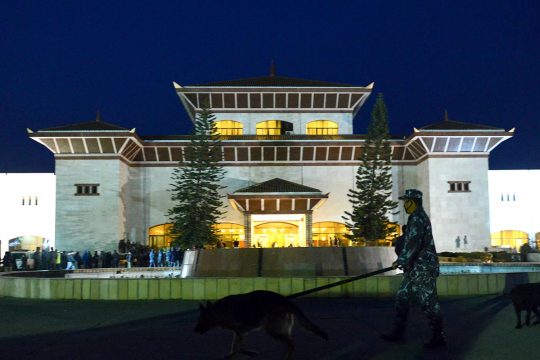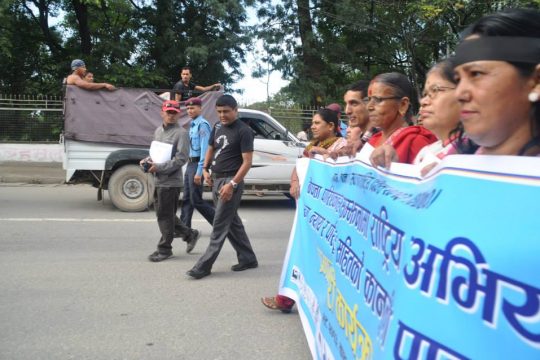Nepal’s government and security forces have been obstructing the country’s transitional justice (TJ) process and threatening human rights activists. But now they say they are ready to address victims’ demands and amend TJ legislation. This is a crucial phase of the process, requiring joint national and international pressure on the authorities to ensure that the voices of thousands of civil war victims are heard.
Existing transitional justice mechanisms are failing to listen to victims’ voices and seem loyal to the government. They have a very limited legal mandate to fully investigate the crimes. The Truth and Reconciliation Commission and Commission on Enforced Disappeared Persons are passive, and wish to extend their time to hide the truth and serve the politicians. The current Transitional Justice Act has no victim and witness protection measures or victim centred policy. No disappearance law has been passed, and attempts to criminalize forced disappearances have been blocked time and again by the security forces.
Marginalized communities demand that the government immediately criminalize enforced disappearance and torture, give answers to the families, open full investigations of every case registered to the commissions, and advance the effectiveness and inclusivity of both commissions to address victims’ right to truth, justice and reparation.
In addition, there is an urgent need to address impunity in the security forces for persons accused of serious crimes, including forced disappearances. One example is Pitamber Adhikari, whom I have publicly accused of being behind the disappearance of my father. Not only has he not been investigated or held to account, he has been promoted to a senior position in the police. Many other suspected perpetrators continue to hold senior positions.
A glimmer of hope?
In a recent interaction in Kathmandu on 11th April 2018, all actors agreed to amend the faulty clauses of the current TJ Act, which could open the doors for fair investigation and wider engagement in the commissions’ work. Attorney General Agni Kharel said the government is “prioritizing the amendment to address victims’ demand for truth and justice, and establish the special court for prosecution measures of the past violations”. Kharel further added that government is developing provisions on public apology for past abuses and memorialization, as part of reparation and criminalizing enforced disappearance as a crime.
Chair of the TRC Surya Kiran Gurung said “the commission will address the social, economic and political issues too, not only legal measures but also to address victims’ demand for truth and reparation”.
This is an important time to keep up the pressure. Without truth and justice, the so-called stability agenda will not only fail to deliver, it risks creating social conflict and a culture of revenge, resulting in an uncertain future. The government of Nepal should handle such issues through a justice lens and must deal with victims’ demands for non-recurrence. Our demands for amendments to the law are a must.





